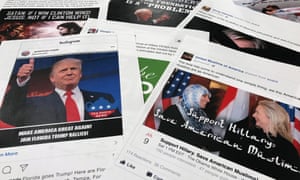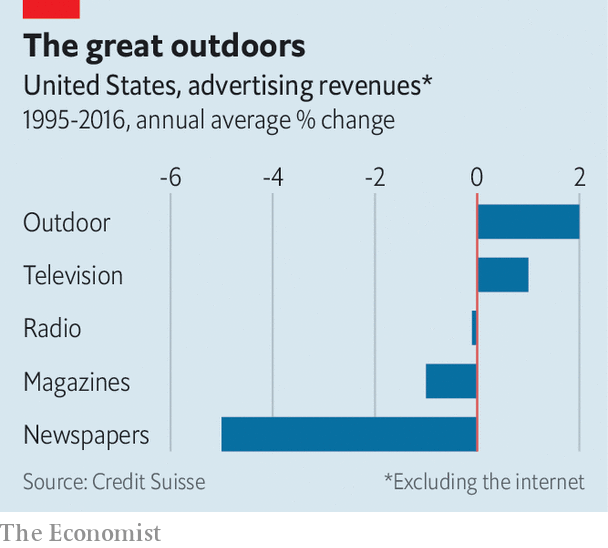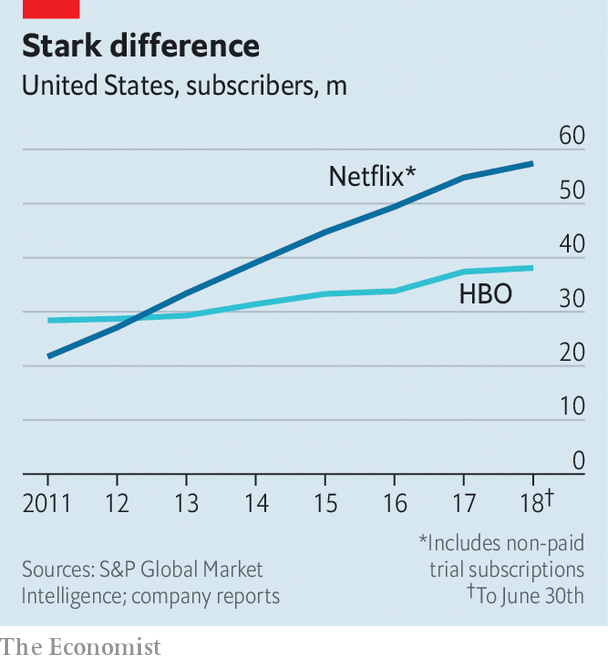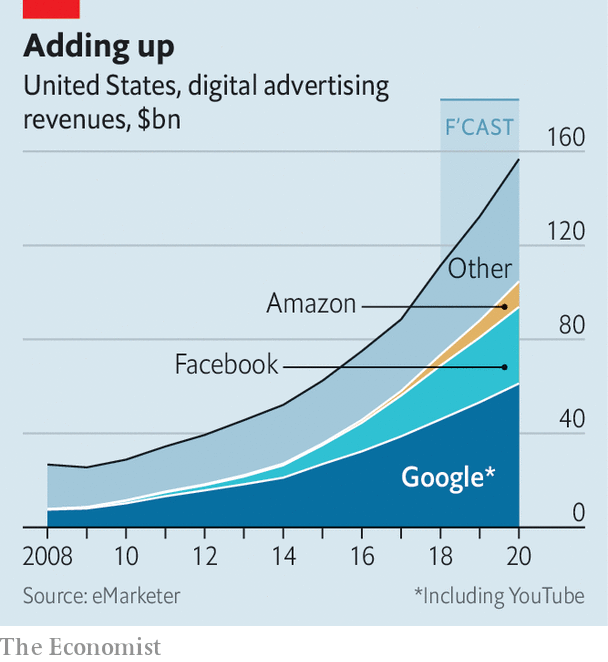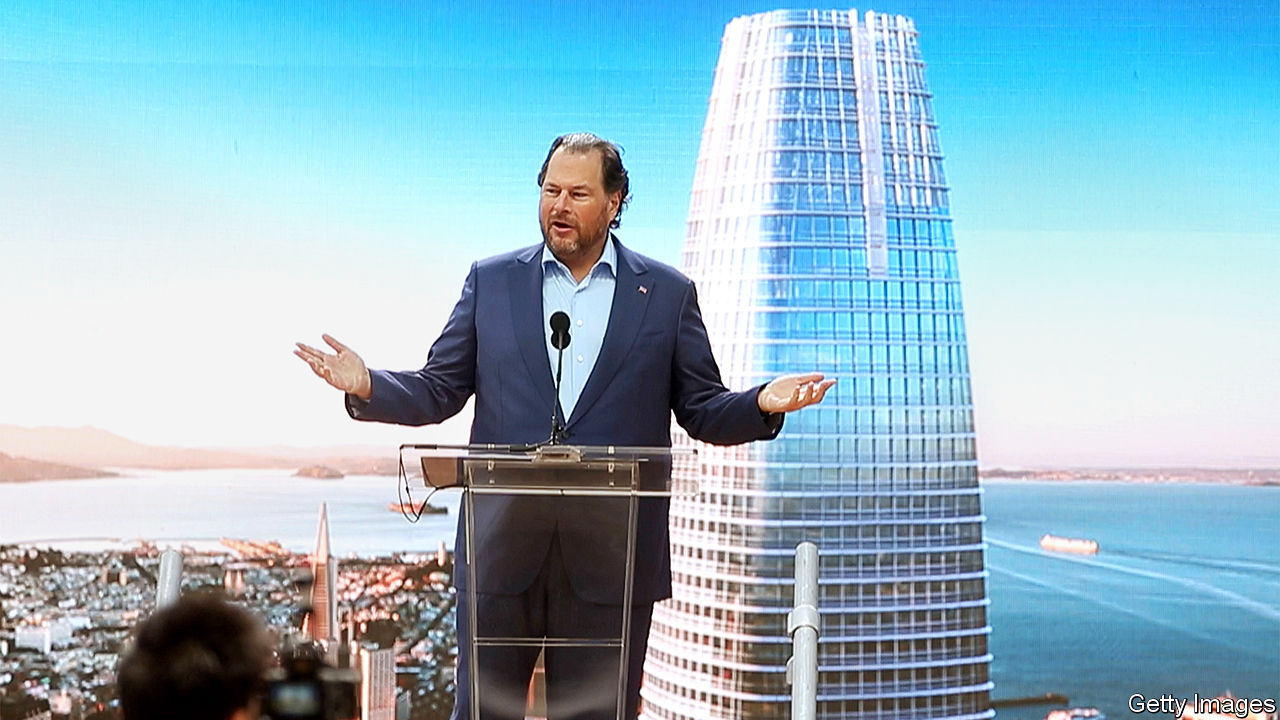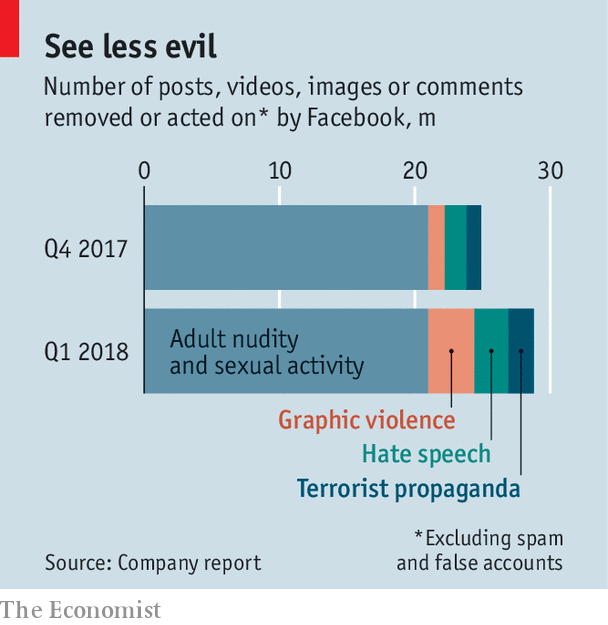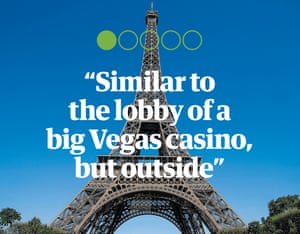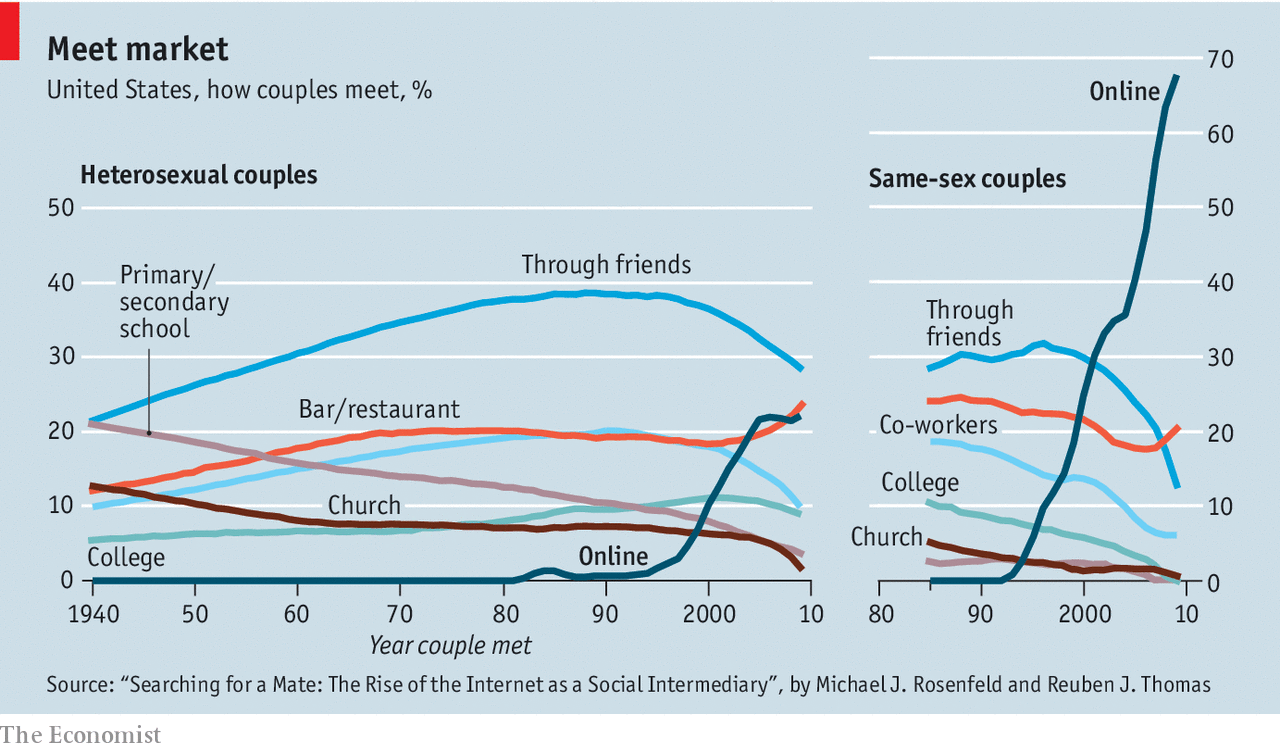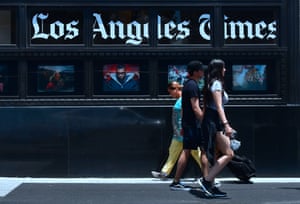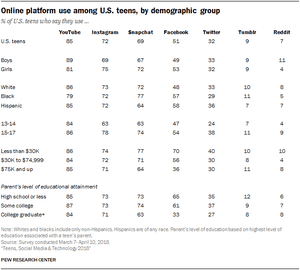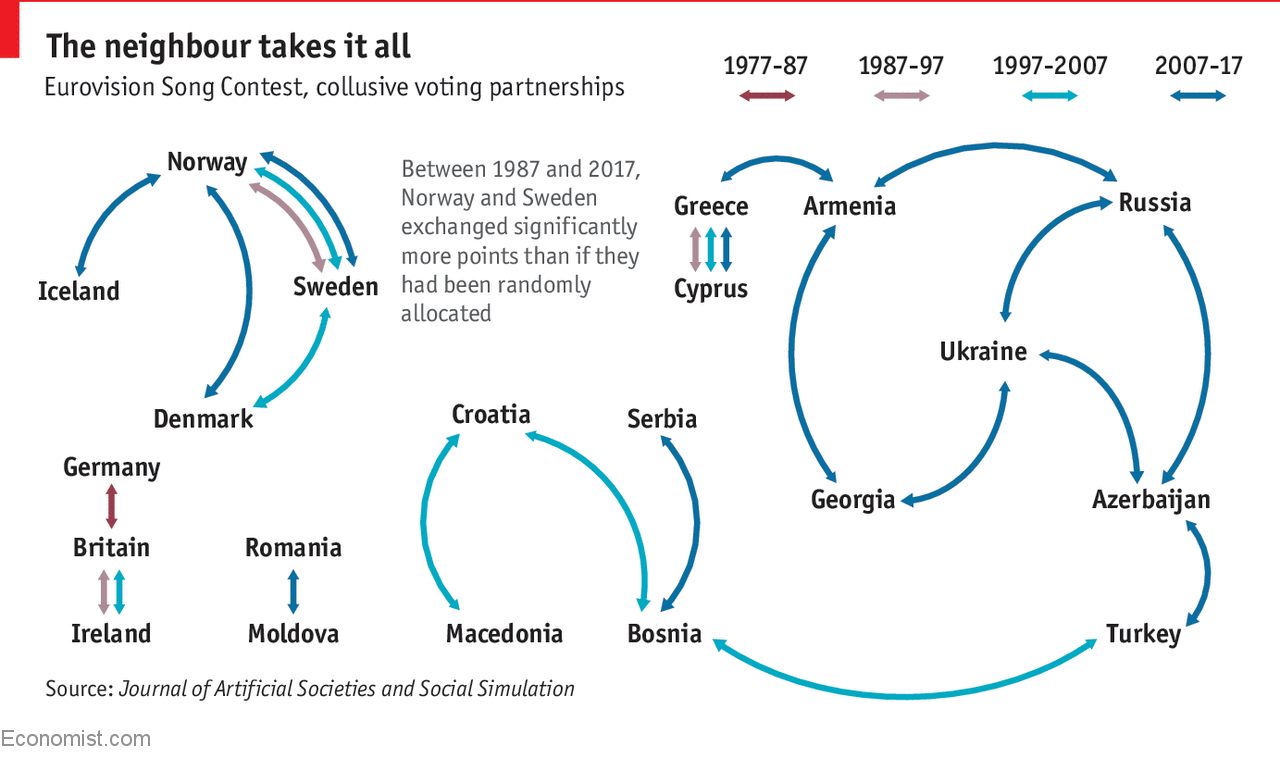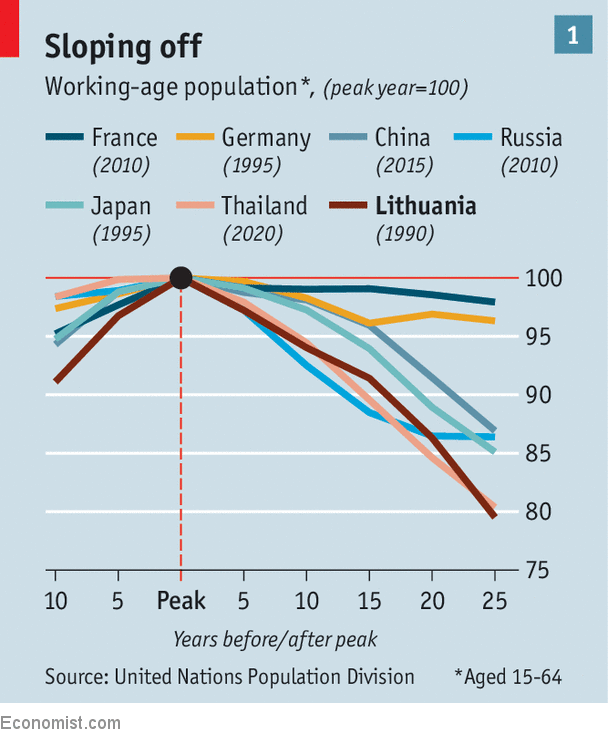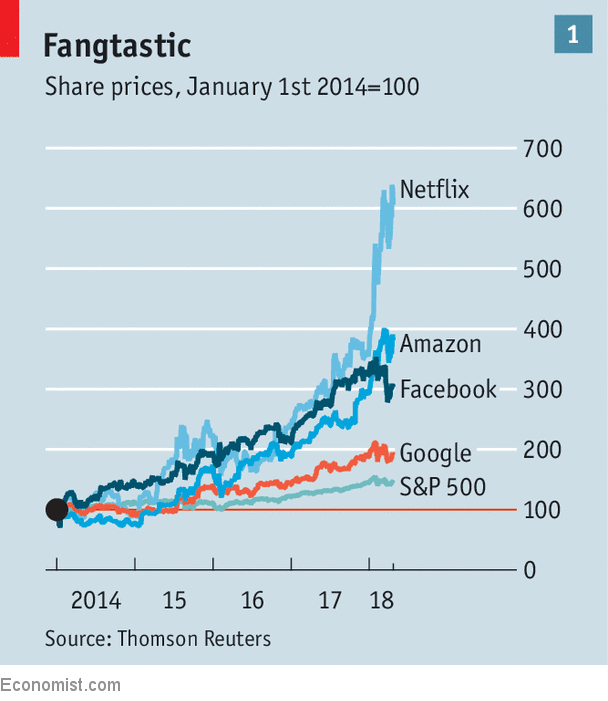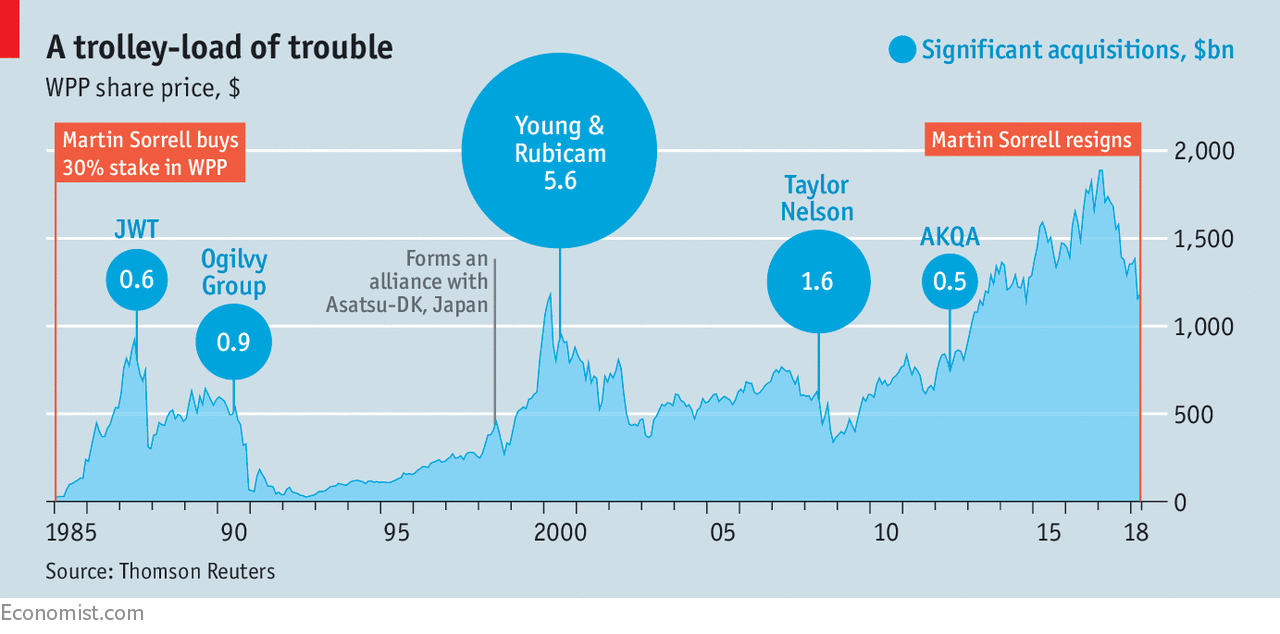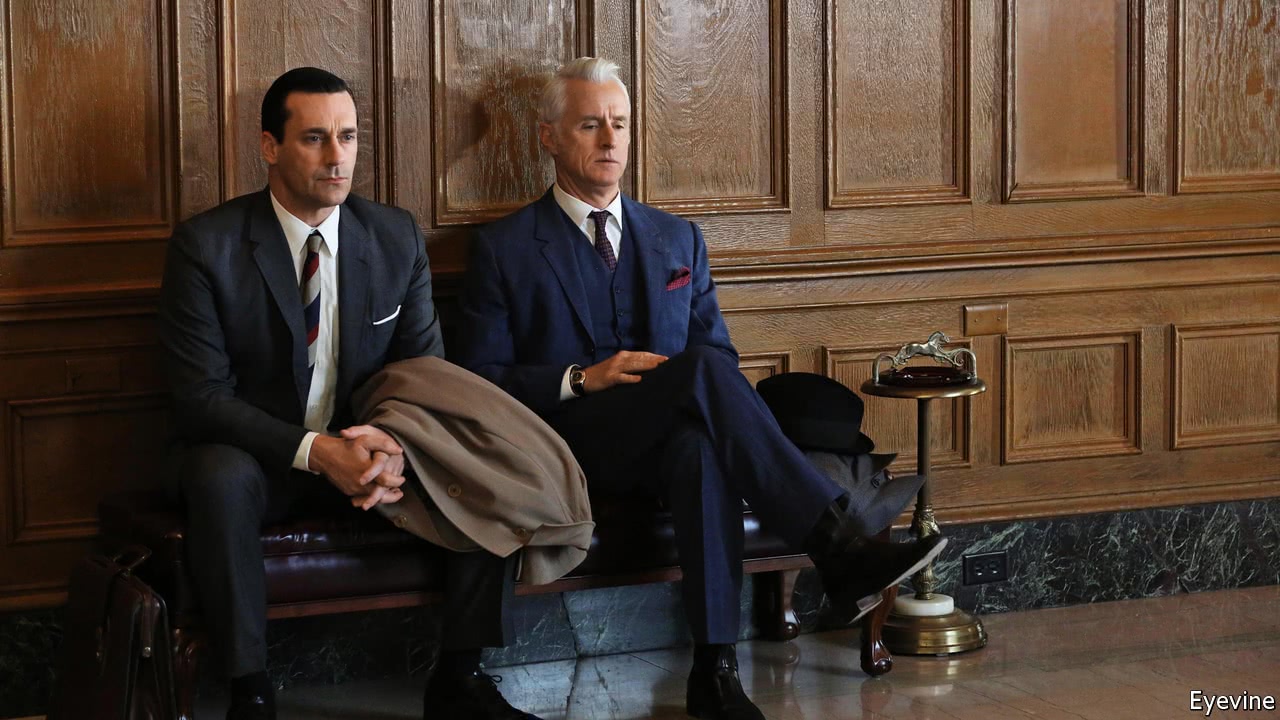
Monday, December 24, 2018
Thursday, December 20, 2018
Tuesday, December 18, 2018
Friday, December 14, 2018
Facebook's privacy problems: a roundup
https://www.theguardian.com/technology/2018/dec/14/facebook-privacy-problems-roundup
Facebook disclosed on Friday that a bug may have affected up to 6.8 million users, allowing app developers to see photos that users had uploaded but never posted – but this was hardly the first mea culpa the social media giant has had to send out regarding data and security as of late.
Here’s a quick look at Facebook’s recent issues with user privacy:
- A whistleblower came forward in March to reveal that Cambridge Analytica improperly harvested the personal Facebook data of 50 million people in order to profile and target users for political advertisements. After five days of silence, Mark Zuckerberg apologisedfor his company’s “mistakes”.
- A bug in June caused a glitch that publicly published the posts of 14 million users that were intended to be private. Erin Egan, Facebook’s chief privacy officer, apologised for the “mistake” and said the company has since fixed the glitch.
- Hackers were able to access and steal personal information in nearly halfof the 30m accounts affected in a September security breach. The company initially believed that 50 million users were affected in an attack that gave the hackers control of accounts.
- Mark Zuckerberg faced accusations in a lawsuit filed by the software firm Six4Three in May that he “weaponised” the ability to access user data. The company has rejected all such claims, and has repeatedly made motions to have the case dismissed.
- It was this same lawsuit that led to a cache of internal communications coming out after the UK parliament obtained the documents in an extraordinary move to hold Facebook and Zuckerberg accountable. The documents were under seal by a California court, and Facebook’s attorneys and the judge in the case have both criticized Six4Three’s legal team for turning over the confidential papers.
- These documents revealed that Facebook staff did discuss selling access to user data to advertisers in 2012 before deciding to restrict such access two years later.
- The documents also led to Facebook finally agreeing to a hearing in front of the House of Commons, which took place in November. Facebook sent a representative, the former Liberal Democrat MP Richard Allan. During hours of questioning, it was revealed that an engineer had warned the company in 2014 that users apparently based in Russia were collecting large amounts of data each day. A company spokesperson later commented that the matter was properly investigated and deemed not a data breach.
- In March, users realized that the company had collected text messages and phone calls through smartphone apps without their consent. Facebook immediately issued a “factcheck” claiming “people have to expressly agree to use this feature” and “uploading this information has always been opt-in only”. But the “factcheck” did not acknowledge that some previous notification screens did not warn users that call and text history would be uploaded.
- This has since led to a class-action lawsuit alleging that, in doing this, Facebook “presents several wrongs, including a consumer bait-and-switch, an invasion of privacy, wrongful monitoring of minors and potential attacks on privileged communications”. Facebook has said it asks for users’ permission to enable the feature that gives access to call logs.
- Facebook said it stopped giving third-party app developers access to user data in 2015. But the Wall Street Journal reported in June that the social network continued to share users’ data with third-party developers even after the date that executives claimed the practice would stop. Facebook officials confirmed this report.
Thursday, December 13, 2018
Vice & Marlboro Man
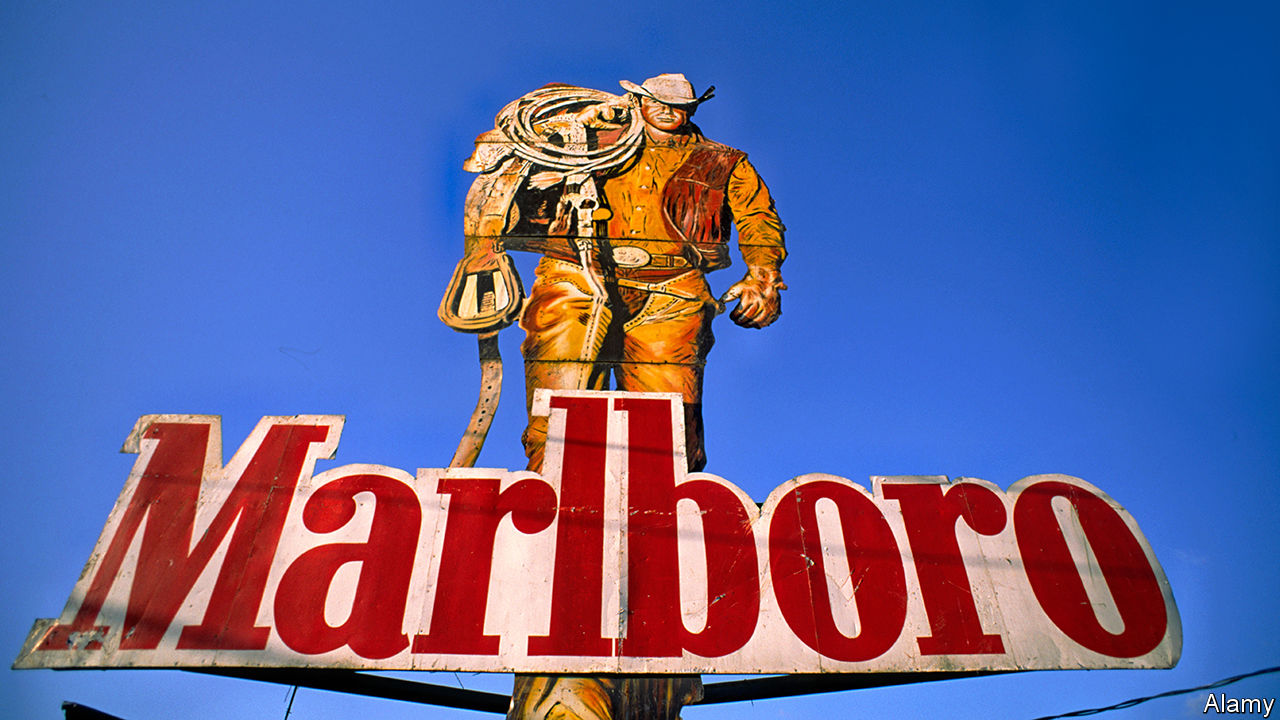
https://www.economist.com/business/2018/12/15/the-biggest-brand-in-digital-media-has-lost-much-of-its-lustre
Vice and other formerly hot digital media properties are on a losing streak, as Google and Facebook have squashed all competitors in the digital-advertising marketplace. The duopoly commands the majority of the $100bn internet advertising market in America; Vice, BuzzFeed and Vox combined get less than 1% of that market. Vice fell well short of its total sales target for 2017, of $800m, and will fare little better in 2018, with perhaps $700m in revenues. Previously profitable, Vice is losing money.
https://www.economist.com/business/2018/12/15/a-tobacco-giant-hashes-out-a-deal-with-a-cannabis-company
As demand for cigarettes has fizzled, Altria has increased its prices and cut costs to try to drive profits. A move into cannabis, which was recently legalised in Canada, is no quick fix but the long-term prospects for the cannabis market, if and when the drug is more widely legalised in America, are tempting. At present recreational cannabis is legal in just ten states. Some reckon the total market could be worth between $40bn-70bn, equivalent to America’s spending on wine or spirits. Altria’s revenues in 2017 were a little over $25bn.
Sunday, December 9, 2018
‘If Bobbie Talks, I’m Finished’: How Les Moonves Tried to Silence an Accuser
https://www.nytimes.com/2018/11/28/business/les-moonves-bobbie-phillips-marv-dauer-cbs-severance.html
A trove of text messages details a plan by Mr. Moonves and a faded Hollywood manager to bury a sexual assault allegation. Instead, the scheme helped sink the CBS chief, and may cost him $120 million.

A trove of text messages details a plan by Mr. Moonves and a faded Hollywood manager to bury a sexual assault allegation. Instead, the scheme helped sink the CBS chief, and may cost him $120 million.

Thursday, December 6, 2018
Victoria’s Secret gets ready for a makeover
https://www.economist.com/business/2018/12/08/victorias-secret-gets-ready-for-a-makeover
Sex sells, and it sells few things better than lingerie.

Sex sells, and it sells few things better than lingerie.

Wednesday, December 5, 2018
Saturday, December 1, 2018
Wednesday, November 28, 2018
Monday, November 26, 2018
Friday, November 23, 2018
Rise in gambling ad spend fuels fears over impact on children
https://www.theguardian.com/society/2018/nov/24/rise-in-gambling-ad-spend-fuels-fears-over-impact-on-children

The £1.5bn total means that gambling adverts account for 8% of the total UK advertising market, which according to market research group Nielsen is valued at £19bn.
It is also more than seven times the annual advertising spend of Proctor & Gamble, the company behind brands including Pampers and Gillette, which is the UK’s biggest single advertiser – and 150 times the £10m that gambling firms give via a voluntary levy to GambleAware, the main recipient of funds for addiction treatment and research.

Thursday, November 22, 2018
Sunday, November 18, 2018
Friday, November 16, 2018
Thursday, November 15, 2018
Tuesday, November 13, 2018
Thursday, November 8, 2018
Thursday, November 1, 2018
Big Tech’s sell-off ~ The Economist
https://www.economist.com/business/2018/11/03/big-techs-sell-off
Business booms and busts follow a pattern. They start with an exciting change in the economy. Managers and investors collectively create a story about it, which begins as an explanation, then morphs into an extrapolation, and then into an exaggeration. Eventually the data contradict the narrative, boom turns to bust, and a bout of austerity follows. A rout in internet firms’ share prices since August has led plenty of people to ask if the tech industry is experiencing this sequence of hope, hubris and hurt for the second time in two decades. The answer is: to a degree, yes. The level of hype is particularly high, and some of the numbers are decidedly soft. That matters because tech firms are now so big and so spendthrift that a slowdown could damage the economy.
Business booms and busts follow a pattern. They start with an exciting change in the economy. Managers and investors collectively create a story about it, which begins as an explanation, then morphs into an extrapolation, and then into an exaggeration. Eventually the data contradict the narrative, boom turns to bust, and a bout of austerity follows. A rout in internet firms’ share prices since August has led plenty of people to ask if the tech industry is experiencing this sequence of hope, hubris and hurt for the second time in two decades. The answer is: to a degree, yes. The level of hype is particularly high, and some of the numbers are decidedly soft. That matters because tech firms are now so big and so spendthrift that a slowdown could damage the economy.
Friday, October 26, 2018
Thursday, October 18, 2018
Sunday, October 14, 2018
Monday, September 24, 2018
Saturday, September 22, 2018
Comcast outbids Rupert Murdoch’s Fox to win control of Sky
https://www.theguardian.com/business/2018/sep/22/comcast-outbids-rupert-murdochs-fox-to-win-control-of-sky
The auction marks a dramatic end for Sky as an independent company. The broadcaster began life in 1989 when Murdoch launched a standalone business offering four channels from an industrial estate in west London. The company was making enormous losses and soon merged with rival British Satellite Broadcasting to form BSkyB. Under Murdoch’s leadership the combined business hit on a winning formula of selling subscriptions on the basis of film and football rights, helping to transform the British media industry and become a highly profitable business.
The auction marks a dramatic end for Sky as an independent company. The broadcaster began life in 1989 when Murdoch launched a standalone business offering four channels from an industrial estate in west London. The company was making enormous losses and soon merged with rival British Satellite Broadcasting to form BSkyB. Under Murdoch’s leadership the combined business hit on a winning formula of selling subscriptions on the basis of film and football rights, helping to transform the British media industry and become a highly profitable business.
Thursday, September 20, 2018
Monday, September 17, 2018
Friday, September 14, 2018
Thursday, September 6, 2018
Wednesday, August 22, 2018
Friday, August 17, 2018
Thursday, August 16, 2018
Sunday, August 12, 2018
Thursday, August 2, 2018
Monday, July 23, 2018
Fluffed it! The truth about Build-A-Bear's day of mayhem
https://www.theguardian.com/lifeandstyle/2018/jul/23/fluffed-it-the-truth-about-build-a-bears-day-of-mayhem#comment-118600055
“From now on, leading-edge companies – whether they sell to consumers or businesses – will find that the next competitive battleground lies in staging experiences,” wrote its authors. “An experience is not an amorphous construct; it is as real an offering as any service, good, or commodity … Businesses must deliberately design engaging experiences that command a fee. This transition from selling services to selling experiences will be no easier for established companies to undertake and weather than the last great economic shift, from the industrial to the service economy.”

“From now on, leading-edge companies – whether they sell to consumers or businesses – will find that the next competitive battleground lies in staging experiences,” wrote its authors. “An experience is not an amorphous construct; it is as real an offering as any service, good, or commodity … Businesses must deliberately design engaging experiences that command a fee. This transition from selling services to selling experiences will be no easier for established companies to undertake and weather than the last great economic shift, from the industrial to the service economy.”

Saturday, July 21, 2018
Thursday, June 28, 2018
Wednesday, June 6, 2018
Friday, June 1, 2018
Sunday, May 20, 2018
Sunday, May 13, 2018
Thursday, May 3, 2018
Tuesday, May 1, 2018
Avengers: Infinity War – Hollywood has admitted defeat in its war with box-set TV
https://www.theguardian.com/film/2018/may/01/avengers-infinity-war-hollywood-tv-box-sets
Of course, by becoming an episode of television, Infinity War falls prey to many of television’s flaws – we know which actors still have films on their contracts, which removes the permanence from some of the movie’s events – but that doesn’t really matter in the big scheme of things. Because movies might be copying television now, but it’s television that we still pay £10 an episode to watch. Maybe Marvel has just discovered the future.

Of course, by becoming an episode of television, Infinity War falls prey to many of television’s flaws – we know which actors still have films on their contracts, which removes the permanence from some of the movie’s events – but that doesn’t really matter in the big scheme of things. Because movies might be copying television now, but it’s television that we still pay £10 an episode to watch. Maybe Marvel has just discovered the future.

Thursday, April 26, 2018
Tuesday, April 24, 2018
Thursday, April 19, 2018
Tuesday, April 17, 2018
Saturday, April 14, 2018
Friday, April 13, 2018
Subscribe to:
Posts (Atom)

